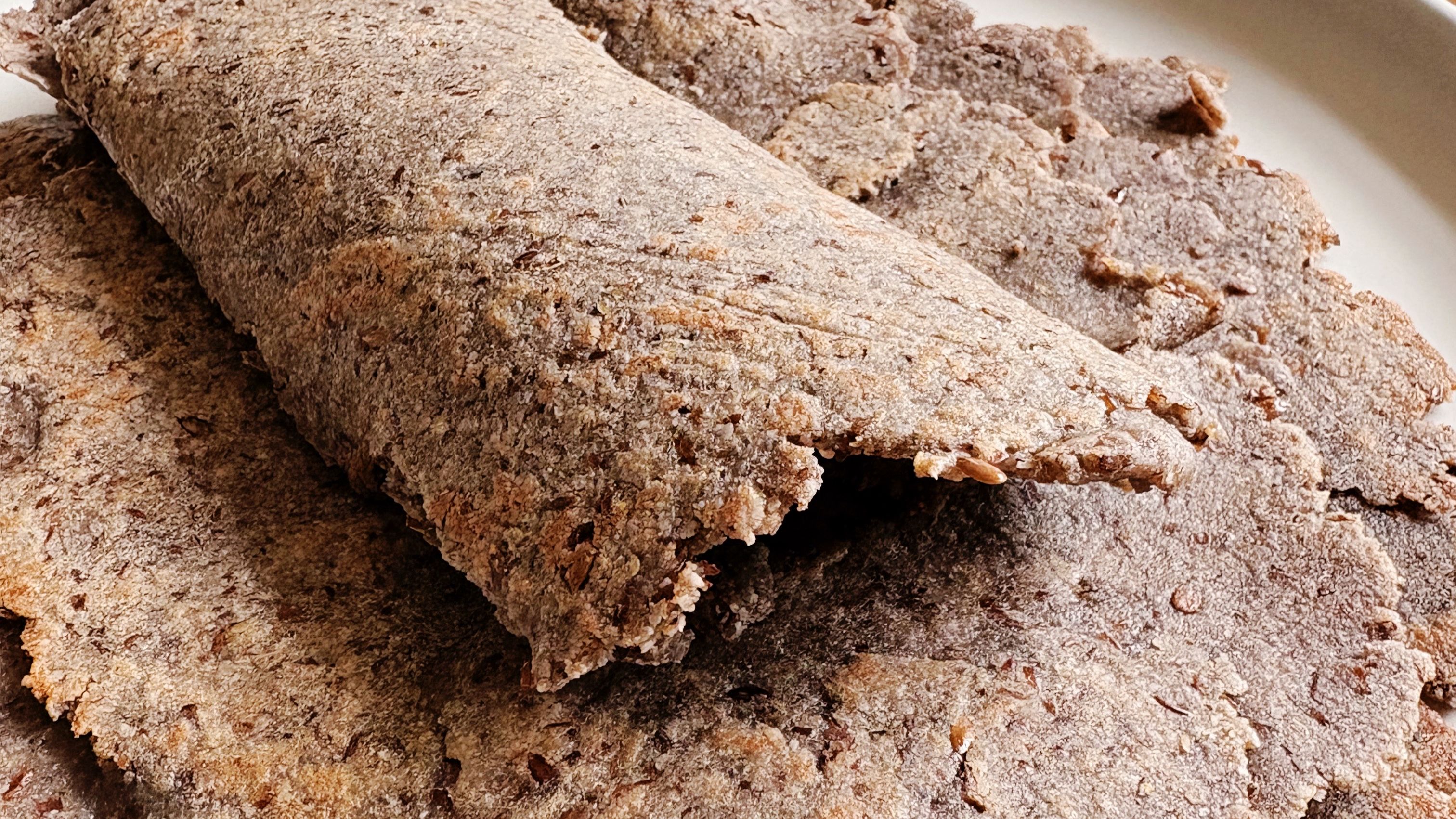The Bacteroidetes to Firmicutes Ratio and Its Impact on Health and Athletic Performance
Dec 18, 2023
Gut health. It’s quite a hot topic these days and very high on my priority list. In fact, my personal digestive woes when I made the switch from team sport to endurance athlete led me to create the Metabolic Efficiency Training concept and help other athletes with their digestive distress issues. While there are so many topics to discuss regarding digestive health, I want to highlight one that is lesser known - the Bacteroidetes to Firmicutes ratio.
The Bacteroidetes to Firmicutes ratio has emerged as a key player in gut health, getting attention for its potential influence on both health and athletic performance. Bacteroidetes and Firmicutes are two major phyla of bacteria in the human gut. The balance between these is often expressed as the Bacteroidetes to Firmicutes ratio, and its significance lies in its association with metabolic processes, inflammation and energy regulation.
Health Implications
A balanced Bacteroidetes to Firmicutes ratio is generally considered a marker of a healthy gut microbiome. Research suggests that an imbalance in this ratio (more Firmicutes versus Bacteroidetes) may be associated with increased rates of obesity, metabolic syndrome and inflammation. Maintaining a diverse and well-balanced microbiome is crucial for proper nutrient absorption and immune function.
Athletic Performance
Beyond its implications for general health, the Bacteroidetes to Firmicutes ratio has also been linked to athletic performance. A diverse and balanced microbiome may contribute to improved nutrient absorption, energy metabolism and reduced inflammation - all factors that can influence an athlete's endurance, recovery and overall performance. Specific to nutrient utilization, well-balanced microbiome is thought to enhance the breakdown and absorption of nutrients, ensuring that athletes receive optimal fuel for training.
Inflammation and Recovery
Athletes often face challenges related to inflammation and muscle recovery. An imbalanced gut microbiome, with a lower Bacteroidetes to Firmicutes ratio, may contribute to increased inflammation. Conversely, a more balanced ratio could potentially support a healthier inflammatory response and expedite recovery after intense physical activity.
Strategies for Optimization
Improving the Bacteroidetes to Firmicutes ratio is quite simple. Eating more foods rich in fiber, prebiotics and fermented foods, such as kimchi, miso, plain yogurt, kefir and sauerkraut, can support the growth of beneficial bacteria. Probiotic supplements may also play a role in promoting microbial diversity but the research is not 100% conclusive on this.
It’s time to pay more attention to the carbohydrate-rich foods you consume throughout the day. Balancing carbohydrates that are high in fiber with minimizing those with added sugars, is a great first step in improving gut health and reaping the benefits of improving your Bacteroidetes to Firmicutes ratio. While the science is still evolving, the evidence suggests that a balanced microbiome contributes to better health markers and may play a role in optimizing athletic performance.
If you are an endurance athlete who suffers from GI distress, I would highly recommend learning more about my self-study course, “Eliminating GI Distress in Endurance Athletes” It will give you all of the skills you need to rid your life of GI distress and improve gut health at the same time!
SUBSCRIBE AND WE WILL DROP SOME HEALTHY INSPIRATION IN YOUR INBOX
We hate SPAM. We will never sell your information, for any reason.







